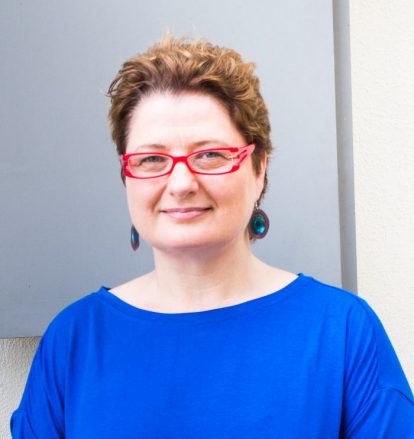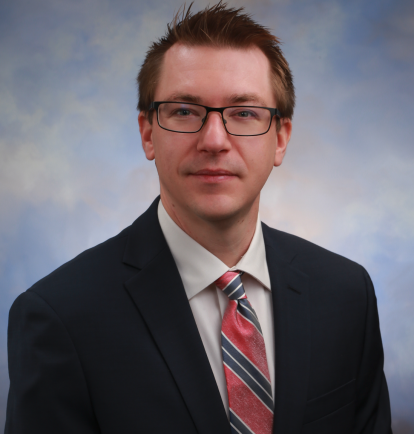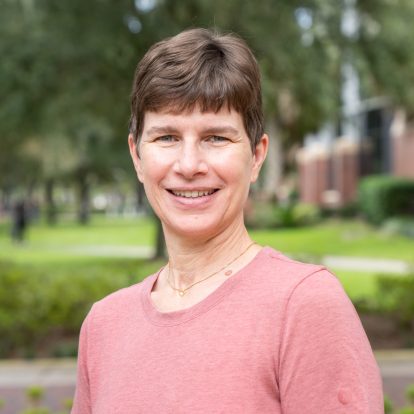Three Chronological Fields – Areas of Strength – Language Requirements
Examination Fields – The Qualifying Examination
In the past decade the graduate program in European History has expanded in new directions offering students a wide variety of concentrations — from late antiquity to the twentieth century and from medieval archaeology to modern Jewish history, to name just a few. Students may work with professors in traditionally defined chronological periods, like medieval, early modern or modern Europe. Within this framework, students have the opportunity to study more traditional western European history with a focus on such areas as medieval Spain or modern Britain, France, or Germany. Within their chronological or geographic area of focus, students also have the opportunity to develop topical or comparative subfields.
Three Chronological Fields
For doctoral students European History is subdivided into three chronological fields representing the periods of history in which students will pursue their dissertation research and seek academic employment:
Modern Europe (including Britain and British Empire)
Medieval / Early Modern – See also our Medieval & Early Modern Europe faculty cluster page.
Late Antique / Medieval (including Byzantium) – See more at our Late Antique, Early Medieval & Byzantine History page.
For EUH doctoral students their particular chronological field is equivalent to their Major Field of Study. The language requirements for the three chronological fields differ, but requirements for examination subfields and the qualifying examination are the same.
Areas of Strength
The European section also has distinctive configurations of faculty, whose current research interests enable students to pursue more focused study in certain areas. These are not fields but rather current areas of strength around which students may construct examination subfields within European history or minor fields:
Religious History / Central and East-Central Europe
Europeanists at the University of Florida are also represented in trans-national, thematic areas of study that draw on faculty from across the Department of History, including the Atlantic World, Gender History, World History, and Religion.
Strong links with other UF departments and centers reinforce the graduate program in European History. Graduate students receive language training in modern European languages, African and Asian Languages and Literatures, and Classics. They are exposed to the theories and methodologies of other disciplines while working with faculty in the departments of Anthropology, Classics, English, Political Science, Religion, and Sociology. Finally, they may take advantage of the programs, funding opportunities, and intellectual communities offered by several interdisciplinary centers on campus.
Language Requirements
PhD students in European history must demonstrate proficiency in two languages other than English, one of which is normally either French or German. Students in British history must demonstrate proficiency in at least one language other than English. Depending on the student’s field of research, other languages may meet the requirement. Students in Late Antique or Medieval History must demonstrate proficiency in Latin, Greek, and/or Church Slavonic in addition to two modern European languages.
Students may fulfill the language requirement in three ways:
1) A translation exam to be administered by the Language Coordinator for the given academic year. This exam, a 500-1000-word translation of a secondary source article, will normally be reviewed by a member of the European section.
2) a grade of B or better in an intensive summer or yearlong language for reading course aimed at graduate students seeking reading competence in a given language. If this course is taken at another university, approval must be obtained from the Language Coordinator before the student enrolls, and proper documentation must be provided. A student can satisfy the language requirement before entrance to the program if s/he is able to provide documentation that s/he received a B or better in a graduate reading language course.
3) a grade of B or better in a 3000-level course (literature in the language).
All language requirements must be completed before admission to candidacy, and preferably by the end of the first year of study in the PhD program.
Examination Fields
The doctoral program in European History is designed to maximize flexibility while providing students with a combination of depth and breadth in their studies. Through course work in their major and minor fields, students prepare three examination subfields. The subfields are defined as follows:
- Two subfields will be prepared within the major chronological field. Normally one of these will be defined in chronological/geographical terms (Reformation Europe, Medieval Spain) and the second in thematic/comparative terms (comparative genocides, religion in Late Antiquity) within the chronological field.
- The third subfield is the Minor Field, required of all PhD students in history. For Europeanists the minor field may be developed in a different chronological period within European history, in another geographic area, or in a trans-national thematic area of strength.
Students should take coursework appropriate to each of these subfields. In the Qualifying Examination (discussed below) the student will be examined based on reading lists – of roughly 50 titles – prepared for each subfield in consultation with their Supervisory Committee.
The Qualifying Examination
After completing their course work, doctoral students in European History must demonstrate proficiency in their three subfields (two within the major chronological field and one minor field) before entering the dissertation stage. The Qualifying Examination consists of written and oral examinations in the major and minor fields and often includes defense of the Dissertation Prospectus. The qualifying examination ensures that a student has acquired the necessary breadth and depth for scholarship and teaching in the discipline of history.
The written examination will be composed of three parts, testing the student’s knowledge of the student’s subfields. Bibliographies of approximately 50 books and/or scholarly articles for each of the examination subfields will be constructed by the student in consultation with the individual faculty members who will examine the student in the given field.
The written examination will include questions set by members of the student’s committee. The student’s advisor serves as the chair of the committee, solicits questions from the other examiners, drafts the examination, and circulates it to the committee for suggestions or possible modifications. The chair then submits the final version of the examination to the Graduate Coordinator for administration. All members of the committee will read the entire examination and will jointly conduct the oral examination. During the oral examination committee members may follow up on the written examination and pose additional questions relevant to their fields.
When the defense of the dissertation prospectus is not part of the qualifying examination process, it must be scheduled and completed within four months of the oral examination.
Faculty in European History
Associate Professor and Waldo W. Neikirk Term Professor, Soviet and Post-Soviet History
Professor, Norman and Irma Braman Chair in Holocaust Studies, Modern Europe
Associate Professor, Modern Britain and British Empire, Atlantic World







